
A murderer who escaped for more than four decades was discovered thanks to Forensic DNA.
One of the women murdered in 1983 in Toronto was Susane Tice, a social worker and mother of four teenage children, who was found dead in the second-floor bedroom of her home with multiple stab wounds to the chest.



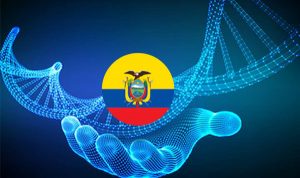
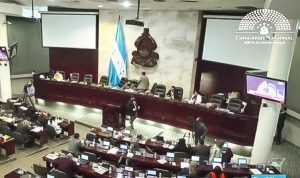
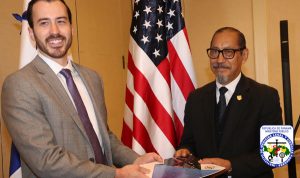

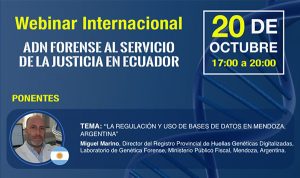
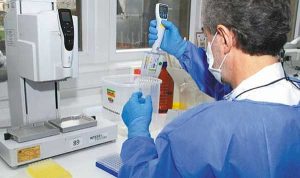

 EL SALVADOR
EL SALVADOR HONDURAS
HONDURAS

 BOLIVIA
BOLIVIA PERU
PERU